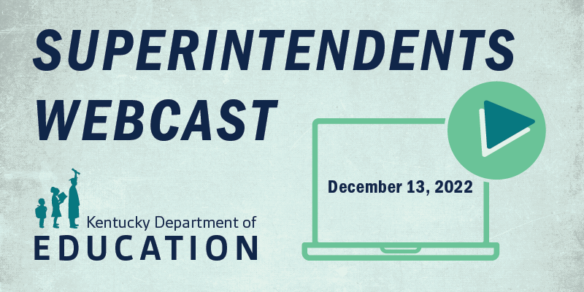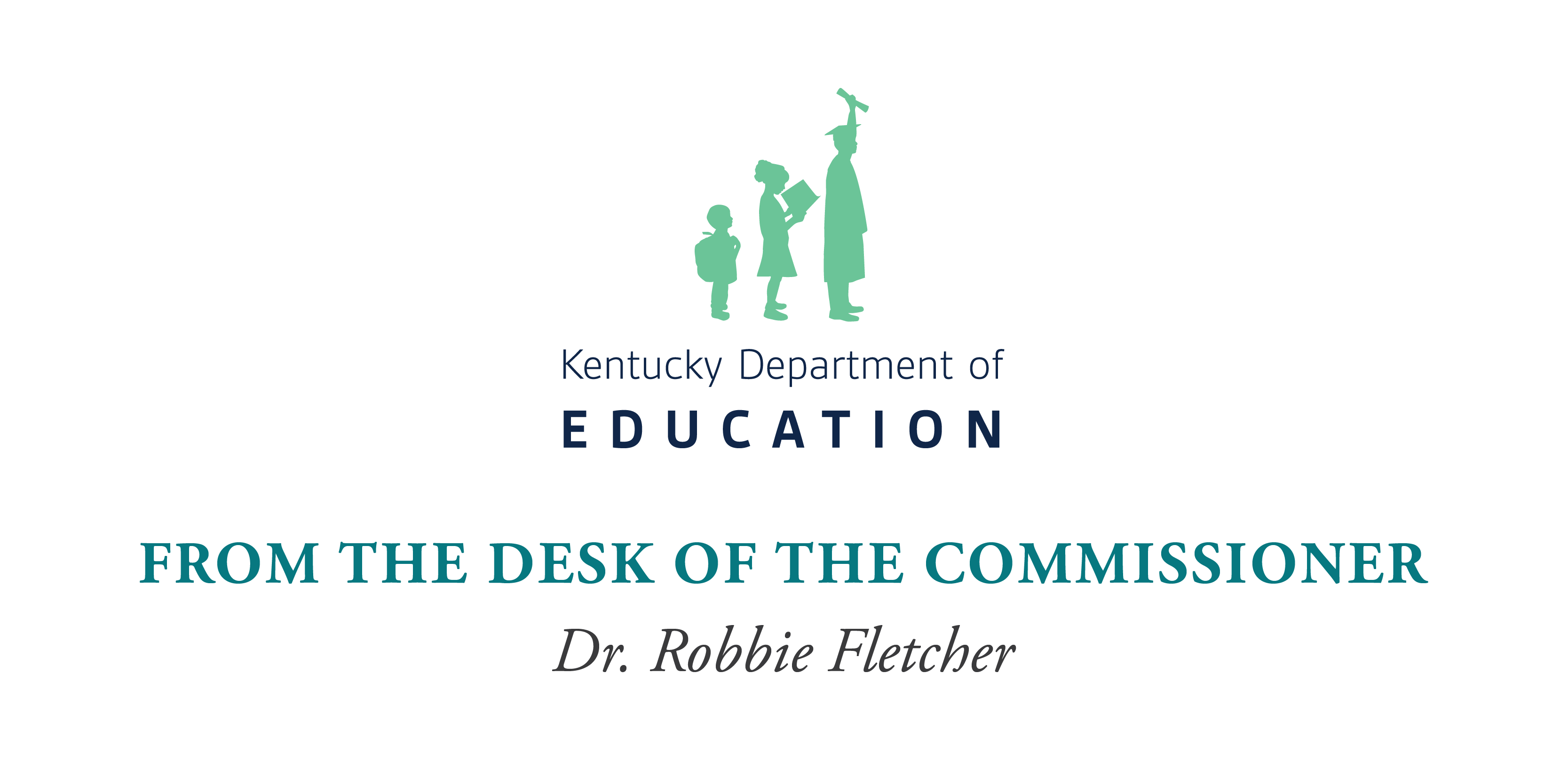
School superintendents received a snapshot from the Kentucky Department for Public Health (DPH) of how various illnesses are hitting the state’s school children this school year during the Superintendents Webcast on Dec. 13.
The percentage of patient visits with influenza-like illnesses is more than double the rate the Commonwealth has seen in the previous four years, the data showed.
“This is unprecedented to have this much flu this early in a season,” said Connie White, M.D., DPH deputy commissioner for clinical affairs.
White said Kentucky also reported its third pediatric death from the flu this year. She said the infection numbers highlight the need to get vaccinated against the flu and encourage others to do the same.
Respiratory syncytial virus (RSV) is another disease that has caused stress on Kentucky hospitals, White said, even though its tougher to tell the exact numbers because it is not a reportable disease.
“Hospitals are stressed with the number of small children that are experiencing distress from RSV,” White said.
She said cases of RSV might be on the decline, but stressed caution that the numbers could easily rise again.
White also presented data on the numbers of COVID-19 cases in Kentucky. In the week ending Nov. 20, Kentucky reported 5,214 cases. The most recent map showing community spread of COVID-19 indicates 12 counties are considered in the red, which means a high level of transmission and a stronger recommendation on wearing masks.
DPH has put together a Flu and COVID-19 Vaccination Toolkit, as well as a public awareness campaign to encourage more people to get vaccinated for the flu and receive their COVID-19 booster shots.
Education Commissioner Jason E. Glass said he is engaged in talks with lawmakers about how to change the average daily attendance funding model to prevent school districts from getting penalized for either school closures due to illness or having large numbers of students absent due to illness.
ESSER Funding
Multiple school superintendents shared how funding from the Elementary and Secondary School Emergency Relief Fund (ESSER) that was passed in the federal American Rescue Plan (ARP) Act has helped their district.
- Hopkins County Schools used the money to purchase new musical instruments and uniforms to keep the band program afloat, new seating to allow students to be farther apart in a classroom and new buildings at both of the high schools.
- Woodford County Schools hired a new mental health specialist.
- Jefferson County Public Schools used the money to fund summer programs designed to help students with unfinished learning due to the pandemic, as well as new technology for the classroom.
- Floyd County Schools used the funds on several different areas, including investments in the music and band programs, summer school, academic tutors, school counselors and new buses.
- Frankfort Independent used a majority of its funds to provide interventionists in its schools that did not previously have them.
- Letcher County Public Schools bolstered summer camps, brought in retired counselors to serve as social-emotional learning supports and replaced resources lost in recent flooding.
- Warren County Public Schools hired a teaching and learning coach for each school, increased summer literacy programming sites, increased mental health supports and purchased new reading and math curriculum.
- Bourbon County Schools brought in new counselors so their ratio is now one counselor to every 200 students. The district also bolstered summer school programs to focus on learning loss in literacy and math while providing activities to strengthen social and emotional learning.
- Muhlenberg County Public Schools used the funds to pay for more interventionists, kindergarten readiness summer camps and HVAC system upgrades.
- Morgan County Schools hired an academic and behavioral interventionist and overhauled the curriculum to ensure all students are provided a rigorous learning experience. The district also bought updated technology and invested in more afterschool programs.
- Carroll County Schools paid for HVAC system upgrades.
The next Superintendents Webcast will be Jan. 10.




Leave A Comment